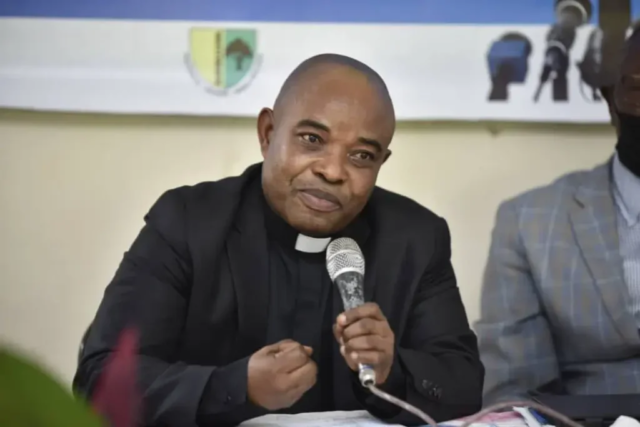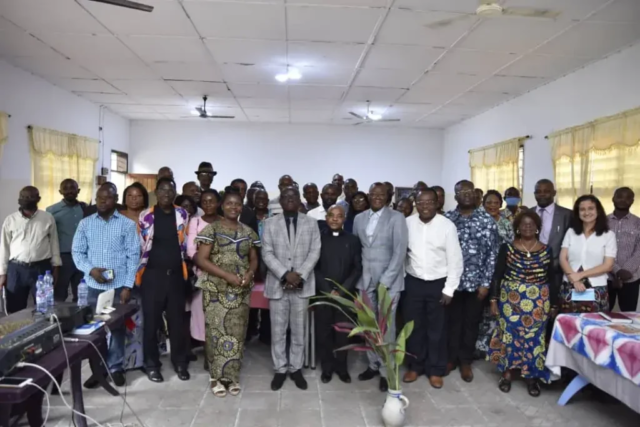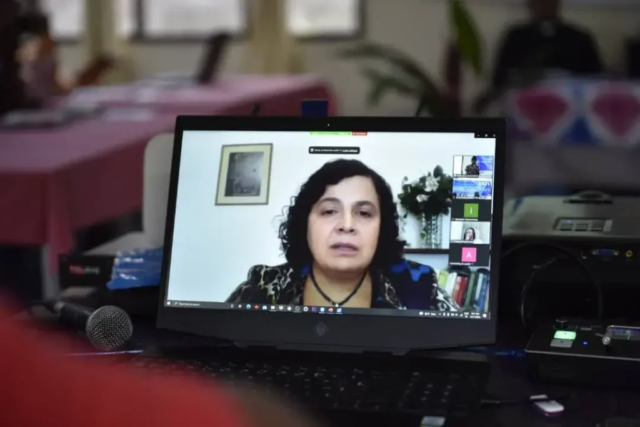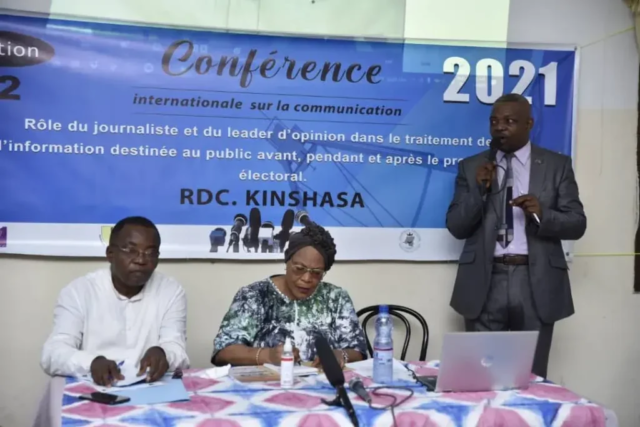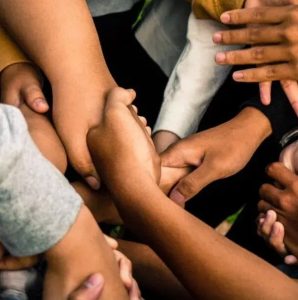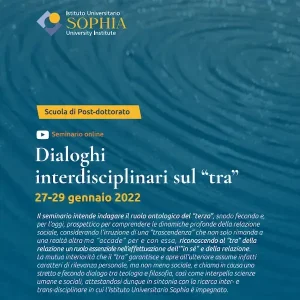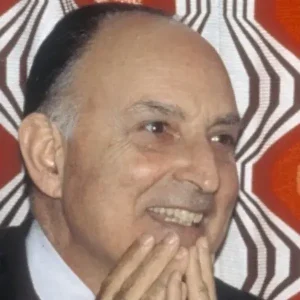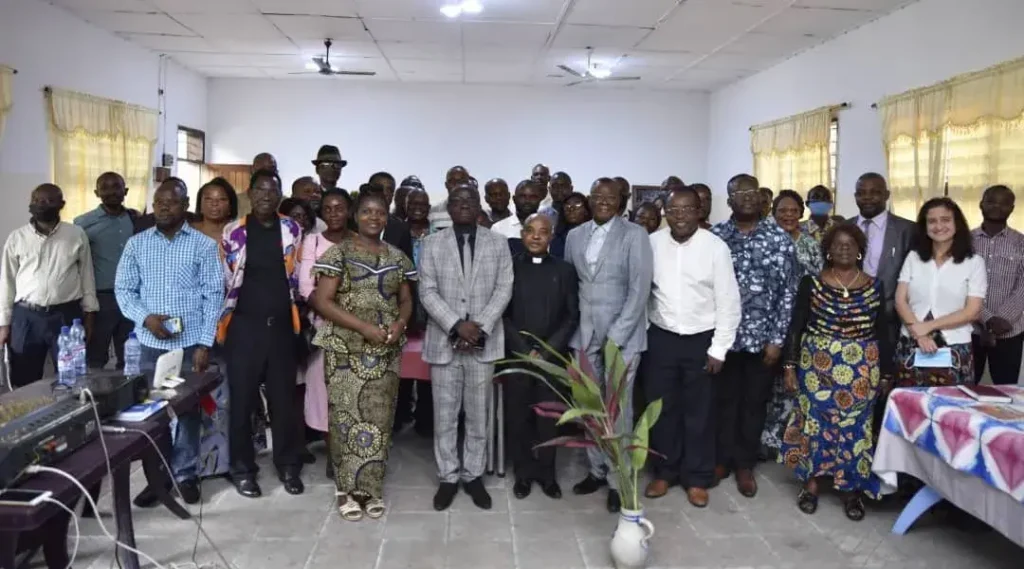
21.07.2022
The Democratic Republic of Congo is preparing for general elections in 2023. This event is already a source of clashes and divisions within the population, which is essentially composed of religious denominations.
On 1 August 2021, the Archdiocese of Kinshasa reported the intrusion of a group of unidentified people who attacked the residence of Cardinal Fridolin Ambongo, Metropolitan Archbishop of Kinshasa, causing destruction.
A few months earlier, on 13 May at the end of Ramadan, clashes broke out between followers of two wings of the Islamic community in the DRC; a policeman died, injuries were reported and a police jeep was set on fire.
The new National Electoral Commission (CENI) had raised protests. For a “depoliticized” electoral commission, demonstrators marched in several cities of the country on 3 November 2021 to protest against the appointment of Denis Kadima as head of the CENI, accused of being close to President Félix Tshisekedi.
In the media, speeches by opinion leaders, activists, and information provided by journalists, worsens the situation, making people fear the worst. With the advent of social media, journalistic ethics is no longer the norm. The risk of division and intolerance is growing.
It is this context that has led members of the NetOne network in Congo to organize a conference on communication on 11 December 2021 in Kinshasa on the theme: ‘The role of the journalist and opinion leader in the handling of information for the public before, during and after elections’.
This is the second edition of its kind, following the International Communication Conference, held in Kinshasa in February 2020, which dealt with the theme ”Media and Responsible Citizenship in Africa – For the Promotion of Dialogue and Community Development”. The conference aimed to raise awareness among media actors on issues of dialogue and the promotion of cohesion between peoples.
The December 2021 hybrid initiative – virtual and in-presence – by NetOne in collaboration with Ecole supérieure de formation des leaders de l’unité (ECOFORLEADERS) was made possible thanks to the collaboration of the Catholic University of Congo (DRC), the network of journalists of the National Episcopal Conference of Congo (CENCO) and the Church of Christ in Congo (ECC), aligned religious denominations such as the Kimbaguists, Muslims and non-aligned denominations such as the Baha’i Faith International and other young leaders.
Some members of Africa’s NetOne network were connected via zoom from Burundi, Benin, Burkina Faso Cameroon, and Nigeria. Noël from Burkina Fasso had affirmed: “these are major socio-political issues of our continent that present a challenge/opportunity, we feel challenged to bring our ‘brick’ for the building of a more united world”.
In his academic presentation, Professor Emeritus Lino Mpungi, President of Signis DRC, recalled the ABCs of the profession, and among other things, he launched an invitation to be builders of peace precisely through their job: “media professionals, being men and women of integrity before their conscience, must carry out their work in such a way as to be builders of peace even in election times, in times of tension, to be able to heal wounds by carrying out their work with justice and fairness, respecting the dignity of each person”.
The program ended with a moment of dialogue, the participants made their contributions, in the form of resolutions, so that each of them can be a builder of a unifying communication, denouncing what needs to be denounced and renouncing anti-values.

